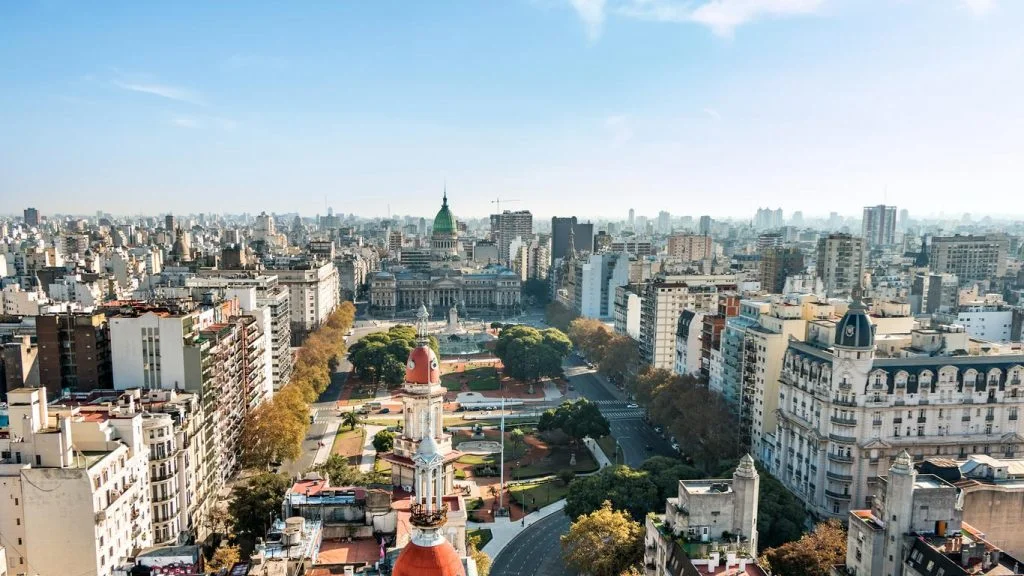The city of Buenos Aires, Argentina, has started developing a blockchain-based digital identification platform with the goal of providing inhabitants more control over their personal data.

According to Diego Fernández, secretary of innovation and digital transformation for Buenos Aires, the city published a whitepaper on Tuesday with the concept for the platform, which will be active between the last quarter of 2022 and the first quarter of next year. The platform would be decentralized, public, and non-permission, and it will be open for use by any group, government agency, or enterprise desiring to create verifiable IDs without the need for city approval.
“[The motivation is] to give rise to a new paradigm in which secure transactions are agile; where verification of necessary documentation is fast, reliable and private … that people are in control of their identity, and they decide where their information is stored and who can access it,” the whitepaper stated.
The city will describe the platform’s architecture and choose which blockchain it will be developed on during the following 90 days. The platform will then take around six months to construct, according to Fernández.
“There are a lot of very relevant architectural decisions to be made in the face of preserving privacy and allowing it to be a non-permission public network,” he added, adding that the platform should eventually be able to interact with other blockchains.
Santiago Siri, a Proof of Humanity contributor and developer of the Universal Basic Income (UBI) ERC20 token; Leo Elduayen, CEO and co-founder of Koibanx, a Latin American asset tokenization and blockchain financial infrastructure company; and Diego Gutierrez Zaldivar, founder and CEO of RSK Labs, which operates a smart contract blockchain secured by the Bitcoin network, are among those involved in the project so far.
Argentina’s capital, Buenos Aires, has a population of almost 3 million people.
